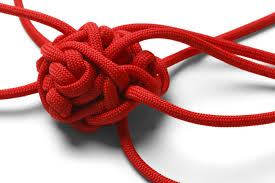
ARGUMENT
The name of the text I will be blogging about today is; A Tangle of Discourses, and it is written by Rebecca C. Raby. Raby argues that discourse on teenagers has its own key elements and is disrupted by class, race, gender, and sexuality. Many people say that discourse on teenagers doesn’t portray how it used to be. Well, back then it isn’t clearly defined on how it is for everyone because everyone’s teenage years is different than everyone else's. Discourse and an adolescent have its own insight because it is displayed as “Experimenting, challenging and exploring in ways that may challenge….” (Pg. 22). For example, it can be typical for certain behaviors that not everyone will agree with, or not everyone will feel is truthful. If one asks themselves what is the purpose of being a rebel because this is what teenagers love. To them, it helps them to experiment or explore, but to some teenagers that isn’t the way the want to do those things. Discourse on teenagers cannot be a reflection based on other people, because it is different for everyone and how they experience or challenge themselves as teenagers. Instead of trying to replicate someone else’s teenage years. However, even though people may be aware to being rebellion or just teenagers being a tangle in discourse it does mean that anyone has less influence on adolescents.
 One question I had after reading this article is why do so
many people honestly think they can replicate
their teenage years on their own
teenagers? I watch it on movies, and when I walk through stores and just overhear what they
are talking about. Also, I feel like our parents never really told us about their
rebellious years as teenagers, but when
we get a lot older, they finally tell us.
I feel like if they told us when we were
going through the exact moment or something similar,
they would say about what they did to
make us feel better.
One question I had after reading this article is why do so
many people honestly think they can replicate
their teenage years on their own
teenagers? I watch it on movies, and when I walk through stores and just overhear what they
are talking about. Also, I feel like our parents never really told us about their
rebellious years as teenagers, but when
we get a lot older, they finally tell us.
I feel like if they told us when we were
going through the exact moment or something similar,
they would say about what they did to
make us feel better. 














